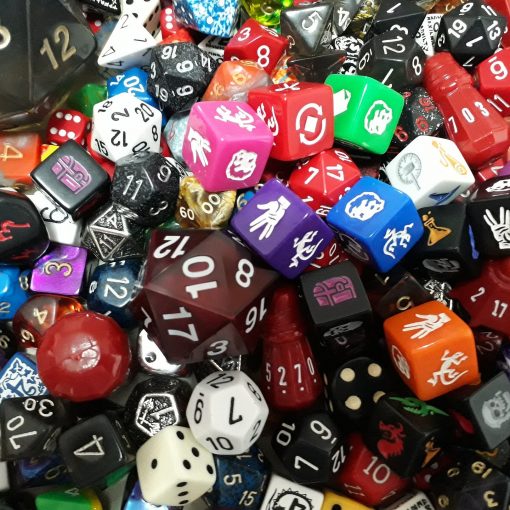It should come as no surprise to hear me lauding the virtues of tabletop RPGs. I, my co-hosts, and our guests have waxed eloquent both in the podcast and here in the blog about how gaming is a fantastic creative outlet, how it’s good for processing personal baggage, how it encourages fellowship, teaches math skills, problem solving, and so on.
But one thing I don’t think we’ve touched on too much is how much incidental knowledge one picks up as a player or GM just in order to make sense of the worlds we play in. I’m not even talking about game rules, here. I mean the bits of information that get stitched together as part of making a world feel real enough to inhabit.
This has become especially pronounced for me as I work on my two homebrew settings: Actyrean and Plavithen.
Actyrean is a very modern setting in a lot of ways. The technology and society in that world are comparable to the mid twentieth century. Plavithen is less advanced, with technology right around that of 1750 in the real world. In order to make them seem believable, I have to think about two things which I still have a somewhat tenuous grasp on.
The first is distance. Travel speeds are very different in both worlds – a three day journey is probably somewhere in the neighborhood of 60 miles on Plavithen, because the assumption is that you’re walking. You can cover that same distance in an hour on Actyrean and not even break the speed limit because it’s a world with the internal combustion engine.
The second is populations. There are 8.7 million people living in London today. There were 650,000 living there in 1750. Less technological societies tend to be much less dense in terms of population.
But neither of those really involve learning anything. It’s just a matter of looking things up and deciding how far apart to place dots on a map. It was when I started planning out the story for Plavithen that I really started to get into the weeds. And I’m still in those weeds.
The biggest piece of new knowledge I’ve had to acquire is some basic working understanding of noble titles.
Originally, I was going to make the holdings that the PCs had a barony. Barons are the lowest strata of landed nobility, which means that the PCs would just have to take care of their own territory and answer to the king if he called on them, but they didn’t have to mess with vassals of their own. And more importantly, neither did I.
Just one problem: I wanted to give the PCs some unclaimed territory to expand into if they wanted. And that meant that they were in a border holding. And that’s typically not a barony – a border holding is a viscounty. So now the PC who is the holder of the title isn’t the baron, he or she is going to be a viscount or viscountess. That’s not all that big of a change in one sense – swapping one title name for another isn’t that bad, but it comes with some additional implications.
A viscount needs to be wealthy. They need this because they are expected to be able to raise sufficient troops to hold their section of the border, and that costs money. So now, in addition to filling a holding with interesting locations, problems, and NPCs, I have additional challenges. I need to figure out at least a few ways to explain how this holding provides (or more accurately could provide) sufficient manpower and resources to actually do its job as a proper viscounty. And then I need to figure out how that affects the other nearby holdings.
Back on Actyrean, I’ve done a fair bit of research into when various things were invented as I carefully manipulated various areas of technological advancement to get the exact feel I wanted. And that has lead to interesting setting developments too – after all, that world has cars that are significantly more advanced than its guns, and its medical technology and communications are somewhere in between.
And to be clear: this is fun! I’ve learned a lot of interesting bits of trivia and even a few more substantial bits of knowledge during world building, and if I’m going to finish making these worlds, I’ll need to do lots more. And to me, this is just another thing to recommend the hobby. What other pastime has you looking up dimensions of a Gilded-Age mansion and travel times up and down a space elevator for the same project?
We learn a lot in order to play.
Photo by Becca Tapert on Unsplash




